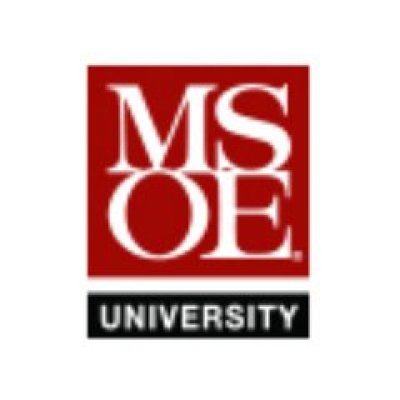3 min
Key topics at RNC 2024: Artificial Intelligence, Machine Learning and Cybersecurity
As the Republican National Convention 2024 begins, journalists from across the nation and the world will converge on Milwaukee, not only to cover the political spectacle but also to cover how the next potential administration will tackled issues that weren't likely on the radar or at least front and center last election: Artificial Intelligence, Machine Learning and Cybersecurity With technology and the threats that come with it moving at near exponential speeds the next four years will see challenges that no president or administration has seen before. Plans and polices will be required that impact not just America but one a global scale. To help visiting journalists navigate and understand these issues and how and where the Republican policies are taking on these topics our MSOE experts are available to offer insights. Dr. Jeremy Kedziora, Dr. Derek Riley and Dr. Walter Schilling are leading voices nationally on these important subjects and are ready to assist with any stories during the convention. . . . Dr. Jeremy Kedziora Associate Professor, PieperPower Endowed Chair in Artificial Intelligence Expertise: AI, machine learning, ChatGPT, ethics of AI, global technology revolution, using these tools to solve business problems or advance business objectives, political science. View Profile “Artificial intelligence and machine learning are part of everyday life at home and work. Businesses and industries—from manufacturing to health care and everything in between—are using them to solve problems, improve efficiencies and invent new products,” said Dr. John Walz, MSOE president. “We are excited to welcome Dr. Jeremy Kedziora as MSOE’s first PieperPower Endowed Chair in Artificial Intelligence. With MSOE as an educational leader in this space, it is imperative that our students are prepared to develop and advance AI and machine learning technologies while at the same time implementing them in a responsible and ethical manner.” MSOE names Dr. Jeremy Kedziora as Endowed Chair in Artificial Intelligence MSOE online March 22, 2023 . . . Dr. Derek Riley Professor, B.S. in Computer Science Program Director Expertise: AI, machine learning, facial recognition, deep learning, high performance computing, mobile computing, artificial intelligence View Profile “At this point, it's fairly hard to avoid being impacted by AI," said Derek Riley, the computer science program director at Milwaukee School of Engineering. “Generative AI can really make major changes to what we perceive in the media, what we hear, what we read.” Fake explicit pictures of Taylor Swift cause concern over lack of AI regulation CBS News January 26, 2024 . . . Dr. Walter Schilling Professor Expertise: Cybersecurity and the latest technological advancements in automobiles and home automation systems; how individuals can protect their business operations and personal networks. View Profile Milwaukee School of Engineering cybersecurity professor Walter Schilling said it's a great opportunity for his students. "Just to see what the real world is like that they're going to be entering into," said Schilling. Schilling said cybersecurity is something all local organizations, from small business to government, need to pay attention to. "It's something that Milwaukee has to be concerned about as well because of the large companies that we have headquartered here, as well as the companies we're trying to attract in the future," said Schilling. Could the future of cybersecurity be in Milwaukee?: SysLogic holds 3rd annual summit at MSOE CBS News April 26, 2022 . . . For further information and to arrange interviews with our experts, please contact: Media Relations Contact To schedule an interview or for more information, please contact: JoEllen Burdue Senior Director of Communications and Media Relations Phone: (414) 839-0906 Email: burdue@msoe.edu . . . About Milwaukee School of Engineering (MSOE) Milwaukee School of Engineering is the university of choice for those seeking an inclusive community of experiential learners driven to solve the complex challenges of today and tomorrow. The independent, non-profit university has about 2,800 students and was founded in 1903. MSOE offers bachelor's and master's degrees in engineering, business and nursing. Faculty are student-focused experts who bring real-world experience into the classroom. This approach to learning makes students ready now as well as prepared for the future. Longstanding partnerships with business and industry leaders enable students to learn alongside professional mentors, and challenge them to go beyond what's possible. MSOE graduates are leaders of character, responsible professionals, passionate learners and value creators.









